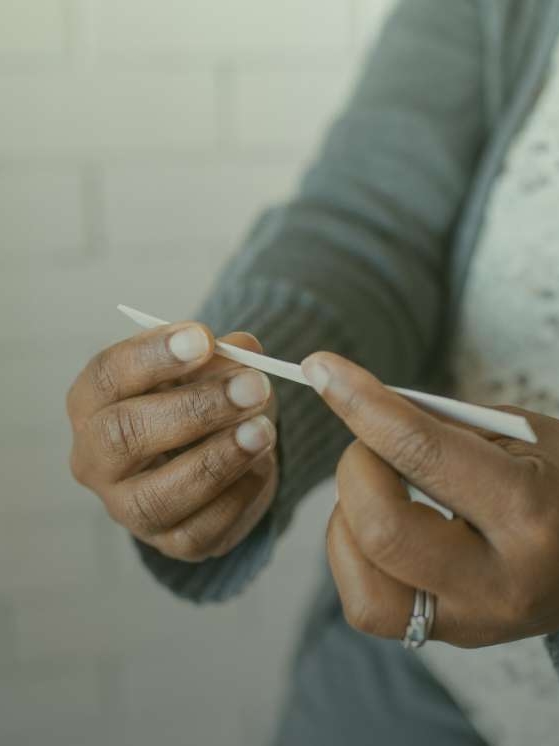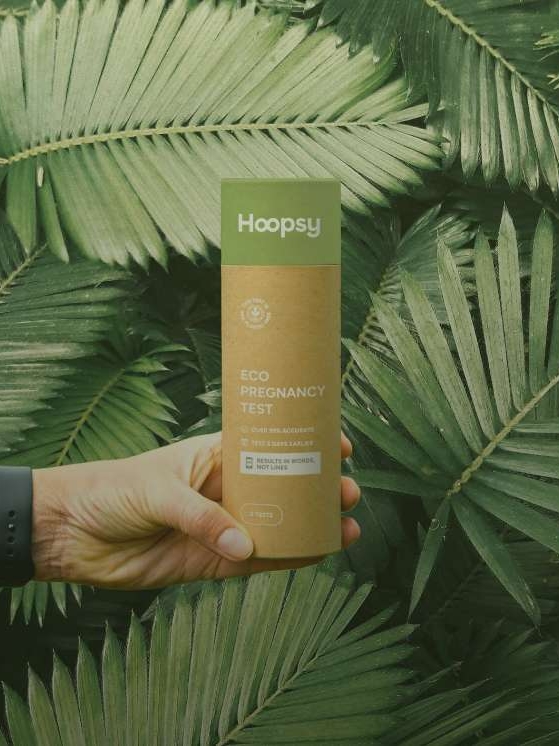Easter is almost upon us, but have you ever thought about why we have an Easter bunny and eggs as the symbols of Easter? Yes, choccy eggs are arguably the tastiest form of chocolate out there, but there’s a connection between the easter egg and fertility that we think you might find fascinating!
Of course, we know it’s not really about chocolate eggs, and Easter is one of the most significant and celebrated Christian holidays.
Many people believe that Easter eggs and the lovable bunny that delivers them are just the commercialised version of Easter we have brought into over the years. In fact, the Easter egg has an entirely different meaning.
Why Easter Eggs?
Eggs have long been a traditional symbol of Easter, and Christians link the oval shape object to the rock in front of Jesus’s tomb in the Easter story. However, the tradition of the egg goes back much further than this.
This egg is actually an ancient symbol of fertility and new life and is associated with pagan festivals that welcome the arrival of spring.
Why Easter bunnies?
Ok, so the connection between easter, eggs and a big fluffy rabbit that delivers them is hard to put together. However, the loveable easter bunnies’ roots are thought to have come from pre-christian celebrations.
In ancient pagan cultures, rabbits and hares were a symbol of springtime and fertility. This is due to their impressive reproductive rates! Still, today rabbits are a well-known symbol of new life and renewal.
When Christianity began to spread throughout Europe, many pagan traditions were absorbed into Christian celebrations to make the new religion more appealing to the population.
The Easter Bunny, with its associations with fertility and new life, was likely one of these pagan traditions combined into the Christian celebration of Easter.
Today, the Easter Bunny is often portrayed as a friendly, lovable rabbit who brings Easter eggs and treats to children. The tradition of the Easter Bunny leaving eggs for children to find may also be related to the ancient pagan custom of hunting for eggs during springtime festivals as a way to symbolise the search for new life and fertility.
Spring Easter and Fertility Connections
Easter is, of course, also closely associated with the arrival of spring and with it, the renewal and rebirth of nature. This strong connection to fertility has a long and interesting history. Many ancient cultures celebrated springtime as a time of renewal and new beginnings.
This got us thinking about different cultures and fertility rituals that happen across the world at this beautiful time of year.
One of the most ancient and widespread spring fertility rituals is the celebration of the vernal equinox. This event marks the time when the length of the day and night are roughly equal, and it has been celebrated by cultures worldwide for millennia.
In many cultures, this time of year holds links with the renewal of life and the arrival of new growth. As well as with the fertility of people, baby-making, animals, and crops.
In many ancient cultures, the equinox celebrations include a festival that included feasting, dancing, and other festivities.
For example, the ancient Greeks celebrated the festival of Dionysus, the god of wine and fertility, during the vernal equinox. This festival included wild dancing, drinking, and the exchange of gifts. Just a typical Saturday night, right?!
In other cultures, the focus was more on the renewal of nature and the fertility of crops. The ancient Egyptians celebrated the equinox with a festival in honour of their goddess Isis. Who was associated with the Nile River and the fertility of the land.
Similarly, the ancient Persians celebrated the equinox with a festival known as Nowruz. Which marked the beginning of the New Year and the start of the spring planting season.
Conclusion
As Christianity spread throughout the world, it absorbed many ancient traditions and incorporated them into its own celebrations.
The Easter egg is one of the most recognisable symbols of the holiday, and it has been connected with fertility and new beginnings for thousands of years. The chocolate versions also taste pretty good, but that’s beside the point!
If you are trying to conceive, we can’t guarantee that eating an Easter egg will boost your fertility. But there’s absolutely no harm in indulging! From everyone at team Hoopsy, we wish you a happy Easter however, you choose to celebrate!
About Hoopsy
Hoopsy is on a mission to make healthcare more sustainable—starting with eco pregnancy test kits. Our plastic-free, paper-based hCG pregnancy test strips reduce waste without compromising accuracy. We believe better health starts with better choices—for you, and for the planet.
Learn More About…








